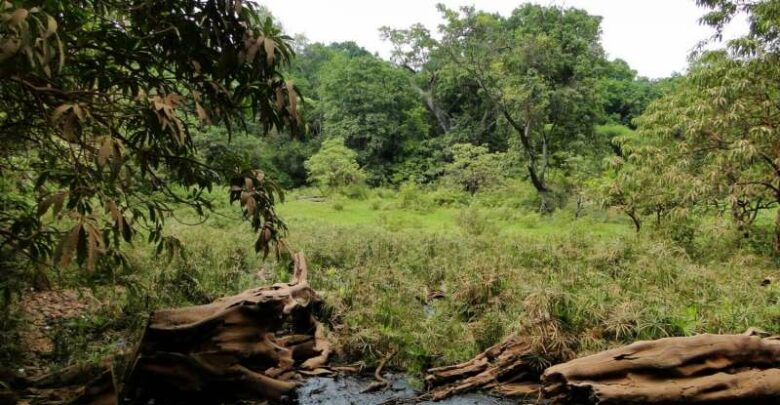
Scientists claim a vast wetland in northern Botswana served as the ancestral home region for all modern humans, reported Reuters.
A new study has found that the south of the Greater Zambezi River Basin, which includes northern Botswana and parts of Namibia and Zimbabwe, was home to Homo Sapiens around 200,000 years ago. The study claims the region hosted a population of modern humans for at least 70,000 years before climate change led them to migrate out of Africa and eventually span the globe.
The study findings back the long-established belief that Homo sapiens originated somewhere in Africa before later spreading to other parts of the world. The area identified in the study was called Makgadikgadi-Okavango, which is roughly twice the area of modern-day Lake Victoria.
“We’ve known for a long time that modern humans originated in Africa roughly 200,000 years ago,” said Vanessa Hayes, from the Garvan Institute of Medical Research and the University of Sydney, who is the lead author of the study. “But what we hadn’t known until the study was where exactly this homeland was.”
For the purpose of the study, the researchers analyzed DNA samples from 200 Khoisan people, an ethnic group living in modern-day South Africa and Namibia known to carry a high proportion of a branch of DNA known as L0.
They then combined the DNA samples with geographical distribution, archaeological and climate change data to create a kind of genetic map tracing L0 lineage. It was found that the so-called L0 lineage pointed back to an ancestral home that spreads from Namibia across Botswana and into Zimbabwe.
The researchers found that the ancient lake Makgadikgadi began to break up about 200,000 years ago, giving rise to a sprawling wetland region inhabited by human hunter-gatherers.
Hayes said the area would have been very lush and provided a suitable habitat for modern humans and wildlife to have lived.
The study has been published in the journal Nature.






